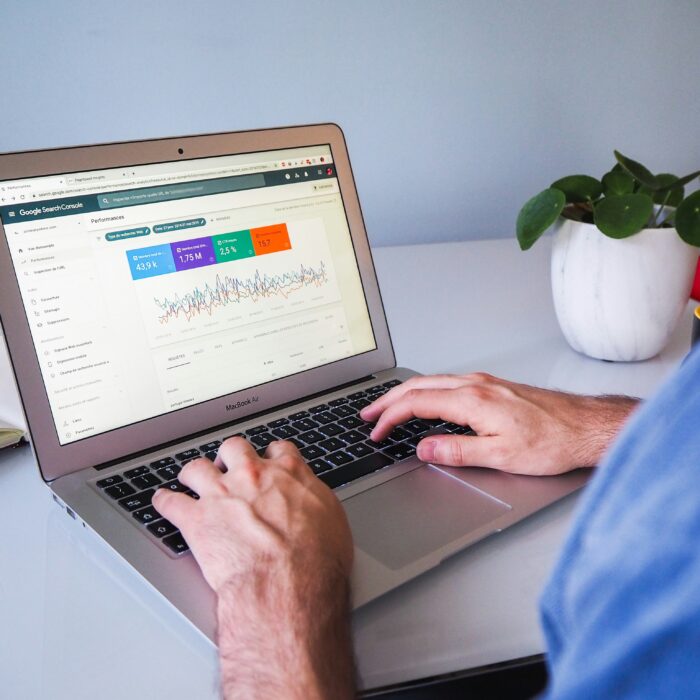How to manage sales tax when drop shipping
by November 9, 2024
Drop shipping is becoming more embraced by retailers each day. This e-commerce model has long been a popular way to utilize a third-party vendor to fulfill a customer order, but the rise in online sales has opened the door to more drop shipment relationships across industries.
What is important for sellers to know before embarking on a drop shipping journey? For one, understanding how sales tax factors into your drop shipping strategy.
What is drop shipping?
Here’s how an item is typically drop shipped. A customer buys a product from a company, but the company isn’t in possession of the product. To fulfill that retail sale, the company buys the product from a third-party vendor who delivers the product to the end customer. A common practice in retail today, but one that creates questions when it comes to sales tax compliance. For example:
- If you sold the item, but the vendor shipped it, who pays sales tax? Does the company pay because they bought the product from the vendor? Does the customer pay?
- Who collects the sales tax and remits it to the state?
- What if all parties are in three different states, and have divergent sales tax rules? Where do you remit the sales tax? What sales tax rate do you charge?
The challenge of sales tax nexus
Determining whether you owe sales tax is always challenging, because you have to track where your business has nexus. However, with drop shipping, it gets even more complicated, because you not only have to worry about where you have nexus, but where your vendor has nexus as well.
In general, if you have nexus in a state, you are likely the one collecting sales tax. If your vendor has nexus and you do not, the vendor is probably on the hook for collecting sales tax.
This is best explained by looking at an example. Let’s say you have nexus in Virginia because that is your home state and the location of your office. If the customer is located in Virginia, no matter how the sale is made, through traditional shipping or drop shipping, you are responsible for collecting sales tax, not the vendor.
Now let’s say you are located in another state and don’t have nexus in Virginia, but the vendor does. In this situation, they could be responsible for collecting sales tax. Keep in mind that this depends on the state, and the vendor would need to verify this information. It’s important to ensure that both you and the vendor understand who is collecting sales tax – this will help you avoid double charging sales tax or not collecting any at all.
Finally, let’s say all three parties are located in different states. You in Virginia, the vendor in Oklahoma, and the customer in Texas. Neither you nor the vendor have nexus in Texas. In this scenario, the customer is likely responsible for paying consumer’s use tax on that item, since neither you nor the wholesaler have collected sales tax on that purchase, as you do not have nexus requirements in the destination state.
Try TaxJar for free
TaxJar offers one platform to manage every aspect of sales tax compliance from calculations to reporting to filing. Try our sales tax compliance platform for 30 days, completely free with no obligation.
Get startedUtilizing resale exemption certificates
Luckily, states have realized these types of transactions are common and have put resale exemption certificates in place to make things easier on sellers. In this case, we’ll call the original party, who is drop shipping the product, the “supplier.” The person who sold the product to the customer is the “retailer.” And the customer is the “buyer.”
For the most part, when a retailer buys a product from a supplier, that purchase is tax exempt because the product was bought for resale. But, the state still needs to collect their sales tax. So if the retailer does not have nexus in the state where the product is purchased, the supplier may be on the hook to collect and pay sales tax.
That is, unless the Retailer can provide the Supplier and/or the state with an exemption certificate. As with anything sales tax related, every state has their own rules and procedures for obtaining exemption certificates. Here’s a list of how to obtain one in each state.
Don’t let drop shipping slow you down
Drop shipping is one of the more complicated aspects of sales tax law. Even the most seasoned sellers often find it difficult to keep track of state rulings and sales tax nexus definitions.
Check out this post for more drop shipping scenarios and how to handle sales tax in each of them. We recommend that you consult an accountant with experience with sales tax if you plan to embrace drop shipping in your e-commerce business model.
Want to know more about sales tax and how to get started with TaxJar? Visit TaxJar.com/how-it-works to learn how you can be compliant and remove the burden of sales tax for yourself.








